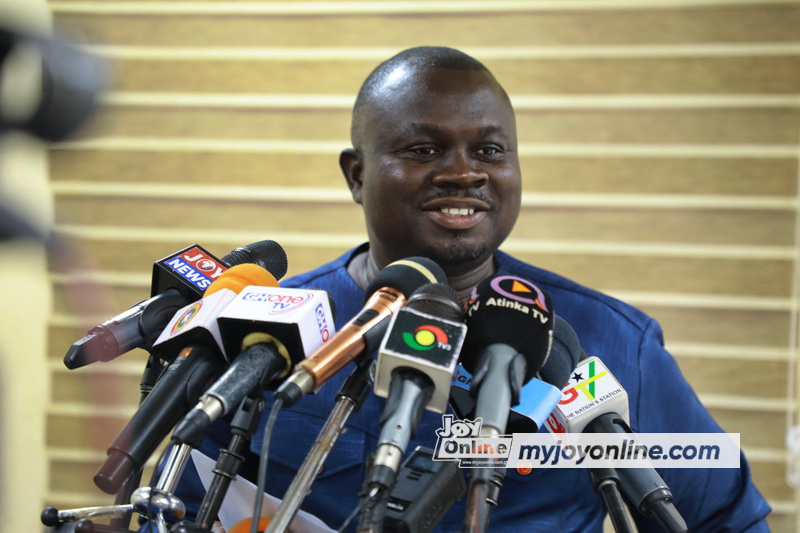The integration of Artificial Intelligence (AI) into journalistic practice holds immense potential to transform and enrich news gathering and dissemination processes, despite emerging challenges.
The President of the Ghana Journalists Association (GJA), Albert Kwabena Dwumfour, said the application of AI tools in the media space offered valuable opportunities to enhance journalistic efficiency and quality, especially in a fast-evolving digital environment.
Speaking at the World Press Freedom Day and Honours Night in Accra on Friday, May 2, Mr Dwumfour said AI could be harnessed to support investigative journalism, streamline newsroom operations, and improve access to relevant information for diverse audiences.
He, however, cautioned that the technology was a double-edged sword and urged journalists to use it responsibly to protect the integrity and credibility of the profession.
The event, on the theme: “Celebrating the Champions of Press Freedom and Ghana’s Media Growth; Building a Resilient Media in the AI Era,” highlighted the dual role of AI in both empowering and challenging media practice.
The ceremony also honoured distinguished media professionals who have contributed immensely to journalism and media development in Ghana.
Among the honourees were Ambassador Kabral Blay-Amihere, Ms Ajoa Yeboah-Afari and Mrs Gifty Afenyi-Dadzie (all former GJA presidents), as well as Dr Charles Wereko-Brobby, Mr Kwesi Pratt Jnr., Mr Ben Ephson and Madam Elizabeth Ohene.
Mr Dwumfour noted that AI-powered technologies were proving useful in supporting journalists with tasks such as transcribing interviews, analysing large datasets, automating routine reporting, and tailoring news content to suit audience preferences.
“On one hand, AI offers tremendous potential to advance the efficiency and effectiveness of news gathering, processing and dissemination,” he said.
“These innovations can free up journalists to focus more on in-depth reporting and storytelling that serves the public interest.”
“The increasing sophistication of AI-generated content raises concerns about the mass production of fake media, which can be difficult to distinguish from authentic content,” he said.
Maintaining the credibility in the age of AI, Mr Dwomfour said, would require proactive strategies, ethical standards, and greater media literacy among practitioners and the public.
Turning to the 2025 World Press Freedom Index released by Reporters Without Borders, the GJA President expressed concern over Ghana’s drop in rankings.
Ghana fell from 50th position with a score of 67.13 per cent in 2024 to 52nd position with a slightly higher score of 67.71 per cent in 2025.
Mr Dwumfour said the most concerning indicator in the ranking was security, where Ghana declined from 72nd in 2024 to 86th in 2025, with a reduction in score from 82.94 to 78.93 per cent.
“These details clearly demonstrate the country’s declining performance in press freedom and should serve as a wake-up call to all stakeholders,” he said.
He revealed that 11 cases of assaults on journalists had already been recorded in February 2025 alone, which he described as alarming and detrimental to Ghana’s democratic credentials.
He urged the government, civil society and the media fraternity to work together to uphold press freedom, ensure journalist safety and explore the transformative power of AI responsibly.
DISCLAIMER: The Views, Comments, Opinions, Contributions and Statements made by Readers and Contributors on this platform do not necessarily represent the views or policy of Multimedia Group Limited.
DISCLAIMER: The Views, Comments, Opinions, Contributions and Statements made by Readers and Contributors on this platform do not necessarily represent the views or policy of Multimedia Group Limited.


